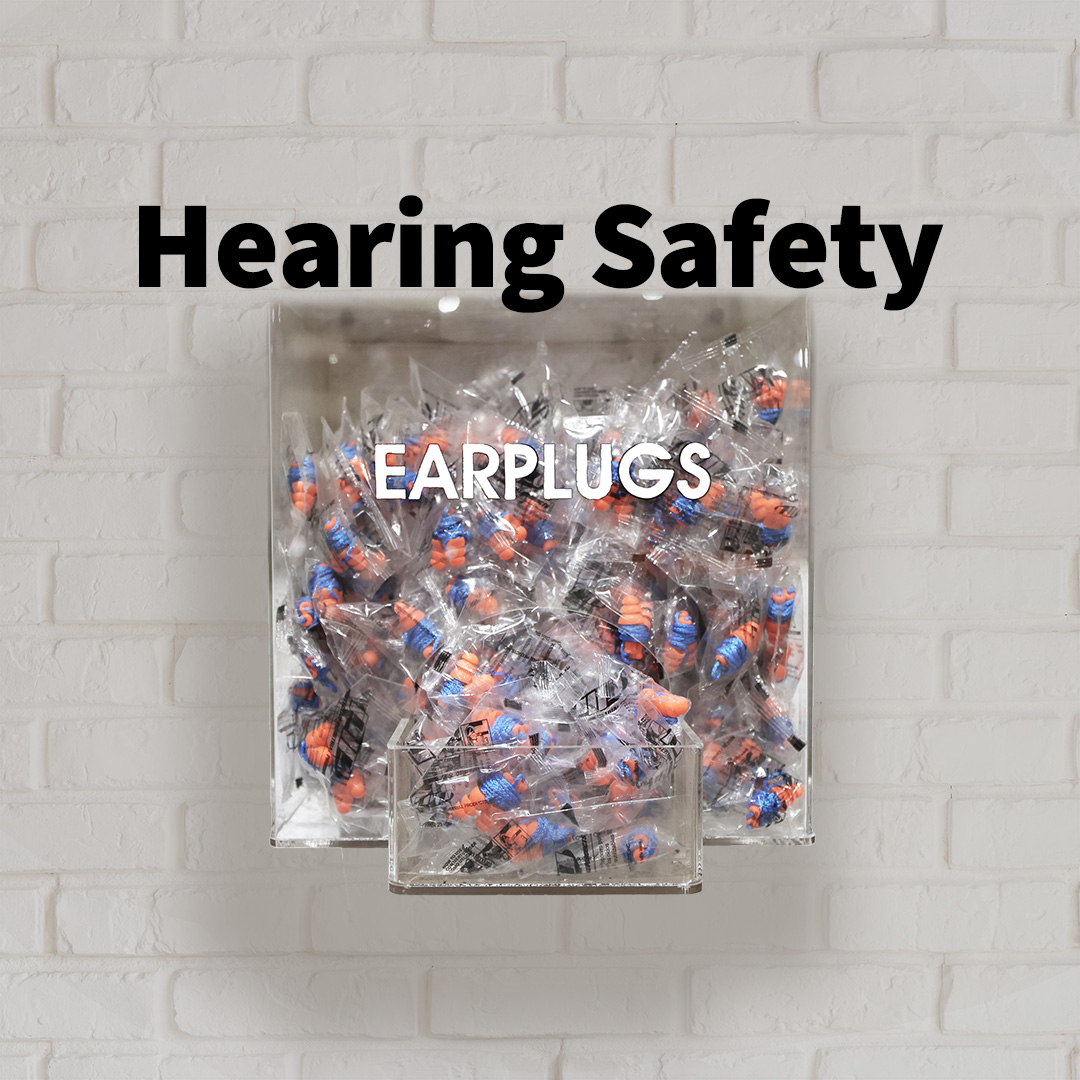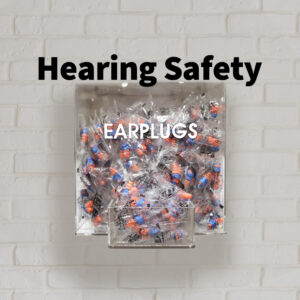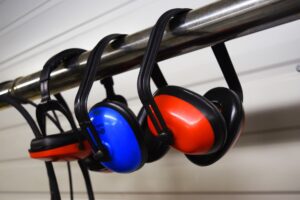Protecting Your Ears: The Importance of Hearing Safety in the Rock Crushing Industry
No matter if you’re at a construction site, a quarry, or a recycling yard, wherever heavy machinery and equipment are commonplace, ensuring the safety of workers should be a top priority. While most safety measures tend to focus on physical hazards, one aspect that often goes unnoticed is hearing safety. Together, we will explore the importance of hearing safety in the rock crushing industry and discuss the measures that can be taken to protect the hearing of workers.
Understanding the Risks
Rock crushing equipment, such as crushers and screens, work tirelessly to break down rocks and stones into smaller, more manageable pieces. However, the process can frequently generate excessive noise levels, often exceeding 85 decibels (dB), which is considered harmful to human hearing.
Prolonged exposure to high levels of noise can lead to various hearing-related problems, including temporary or permanent hearing loss, tinnitus (ringing in the ears), and other auditory disorders. It’s crucial to recognize that noise-induced hearing loss is preventable, and taking proactive steps to mitigate these risks is crucial for maintaining a safe and healthy work environment.

Steps to Protect Your Hearing
- Personal Protective Equipment (PPE): In situations where noise exposure cannot be adequately controlled, the use of personal protective equipment becomes crucial. Employers must provide suitable hearing protection devices, such as earmuffs or earplugs, and ensure that workers are trained in their proper use and maintenance. Regular inspections of the PPE should be conducted to ensure their effectiveness.
- Administrative Controls: Employers should establish comprehensive safety protocols and guidelines to minimize workers’ exposure to excessive noise levels. This includes scheduling regular breaks in quieter areas away from the equipment, implementing rotation policies to limit exposure time, and providing proper training on the risks associated with high noise levels. Posting warning signs and educating workers on the importance of hearing protection can also contribute to a safer work environment.
- Monitoring and Awareness: Regular noise monitoring is essential to assess the effectiveness of existing control measures and identify areas that require improvement. Employers should conduct noise assessments to measure workers’ exposure levels and take corrective actions accordingly. Additionally, fostering a culture of awareness and education among workers about the risks of noise-induced hearing loss can encourage them to be proactive in protecting their own hearing health.
Why is it Important to Protect Your Hearing?
Prioritizing hearing safety in the rock crushing industry yields several significant benefits:
- Health and Well-being: By safeguarding workers’ hearing health, employers demonstrate their commitment to employee well-being. Preserving workers’ hearing abilities ensures better quality of life both inside and outside the workplace.
- Increased Productivity: Excessive noise can lead to reduced concentration, communication difficulties, and decreased work performance. By reducing noise exposure, workers can focus better on their tasks, leading to increased productivity and efficiency.
- Regulatory Compliance: Compliance with occupational safety and health regulations regarding noise exposure is crucial to avoid legal consequences and penalties. Adhering to hearing safety guidelines demonstrates responsible business practices.
- Long-Term Cost Savings: Investing in hearing safety measures upfront can help prevent costly legal battles, compensation claims, and medical expenses resulting from noise-induced hearing loss. Additionally, a healthier workforce means reduced absenteeism and turnover rates.
It’s Time to Start Protecting Your Hearing
In the rock crushing industry, where noise levels can reach hazardous levels, prioritizing hearing safety is vital to protect yourself from the risks of hearing loss. By implementing administrative measures, providing proper training, and using personal protective equipment, employers and employees can work together to create a safer work environment. Let us remember that a small investment in hearing safety today can yield significant benefits in the future, both for workers and the industry as a whole. If you have any more questions or need more information regarding hearing safety, check out OSHA’s pocket guide to hearing protection.





